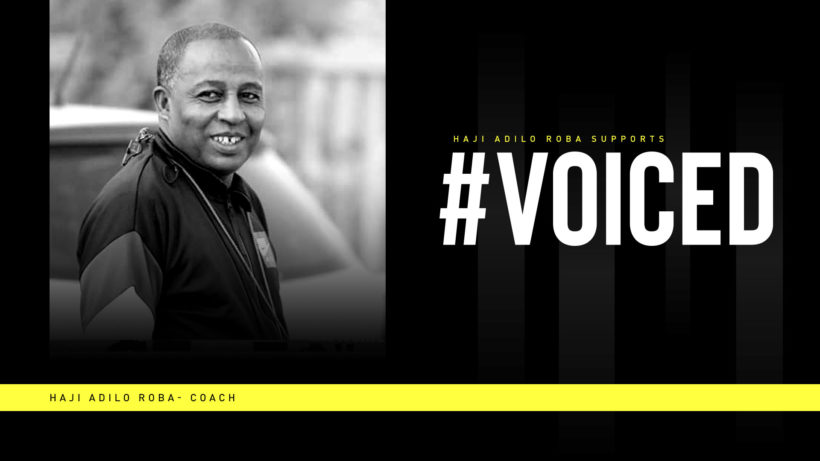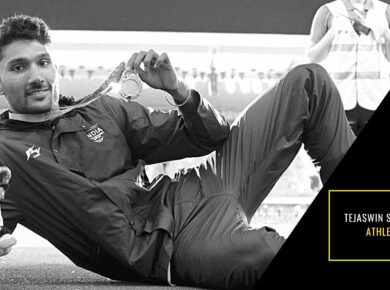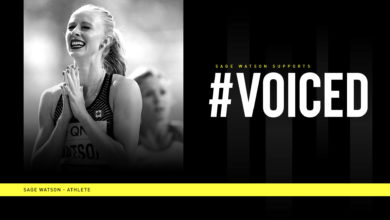Country: Ethiopia
Profession: Coach
Haji is the head athletics coach and representative for Elite Sports Management International (ESMI). A former athlete himself, he now coaches and represents more than 120 Ethiopian track and road running athletes. Tirunesh Dibaba, Kenenisa Bekele, Shura Kitata, Mare Dibaba, Selemon Barega are some of the high-profile names under his bookings as a coach or a representative since he joined the business with a single athlete in 2006.
How do you define success?
For me success is seeing the result of my hard work. It could be in athletics or another path of life, but when I get to see the result of my planning, hard work and execution: that is success for me.
What are the two essential qualities that coaches require?
The first essential thing to become a coach is: “Making the Decision”. You have to have a faith in yourself and you need to love the profession that you are about to join.
The other essential thing to be a coach is: you need to be a student. You need to continually educate yourself and always be open to learn from everything and everyone.
If you have those two qualities, I believe you will become a successful coach.
Do you find it more challenging to coach junior or senior athletes?
I guess coaching the junior athletes can easier than the seniors. The difference is that the juniors will give their all for you to lead them to success, while you sometimes face a bit more resistance from the senior athletes. However, having said that, it is actually very individual and each athlete is different. There plenty of senior athletes who respect and apply the coaches direction, and there are some juniors who want to go their own way from the get go. But, generally, for me it’s slightly easier moulding the rough, young talents.
What is most challenging about coaching track and road running athletes?
Both events require specialty. But once you have the specialty and you know your athletes very well I don’t think there is much difficulty in coaching those athletes.
How do you use technology to improve your coaching strategies?
I mainly use technology for two things; one, as a means of knowledge transfer to learn about the new research and findings in the sport and apply it, as well as to share mine to the others too.
The second one is as means of communication. The world we are living requires communications at its finest and so I use technology to communicate with my athletes, management companies, media and event organizers.
What do you feel contributes to the lack of female coaches at a professional level?
There are two main issues here. The first one I believe is the lack of interest to become a coach from my female colleagues themselves and the second one is lacking of support from respective institutions to make the field level for female coaches to unleash their full potential and reach to the summit are the main reasons.


